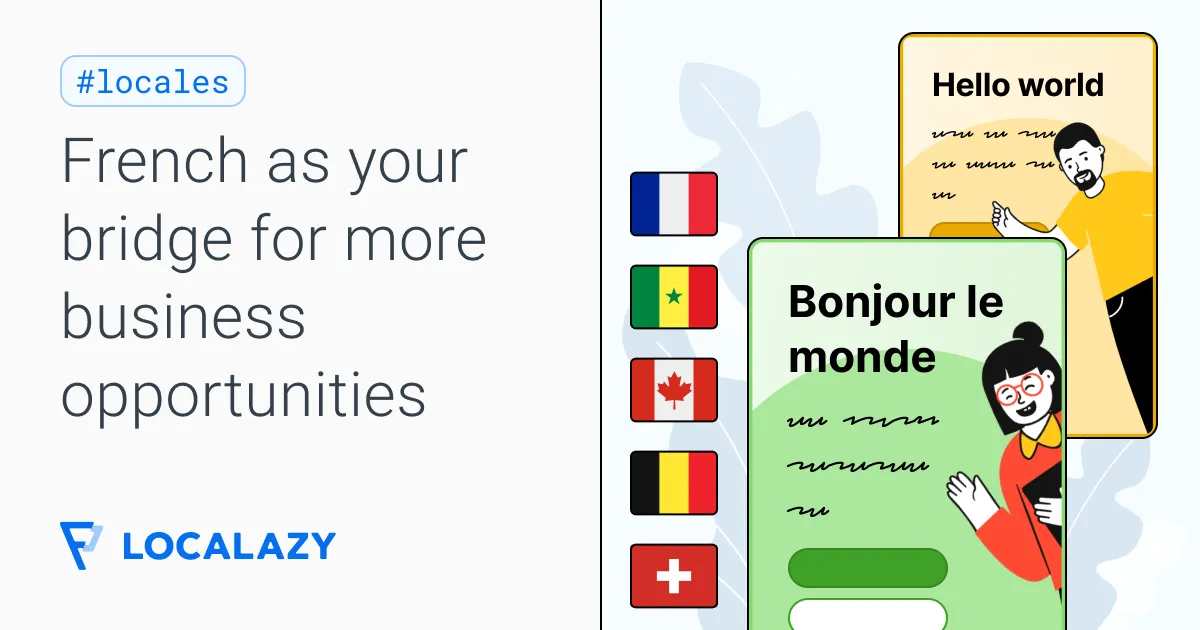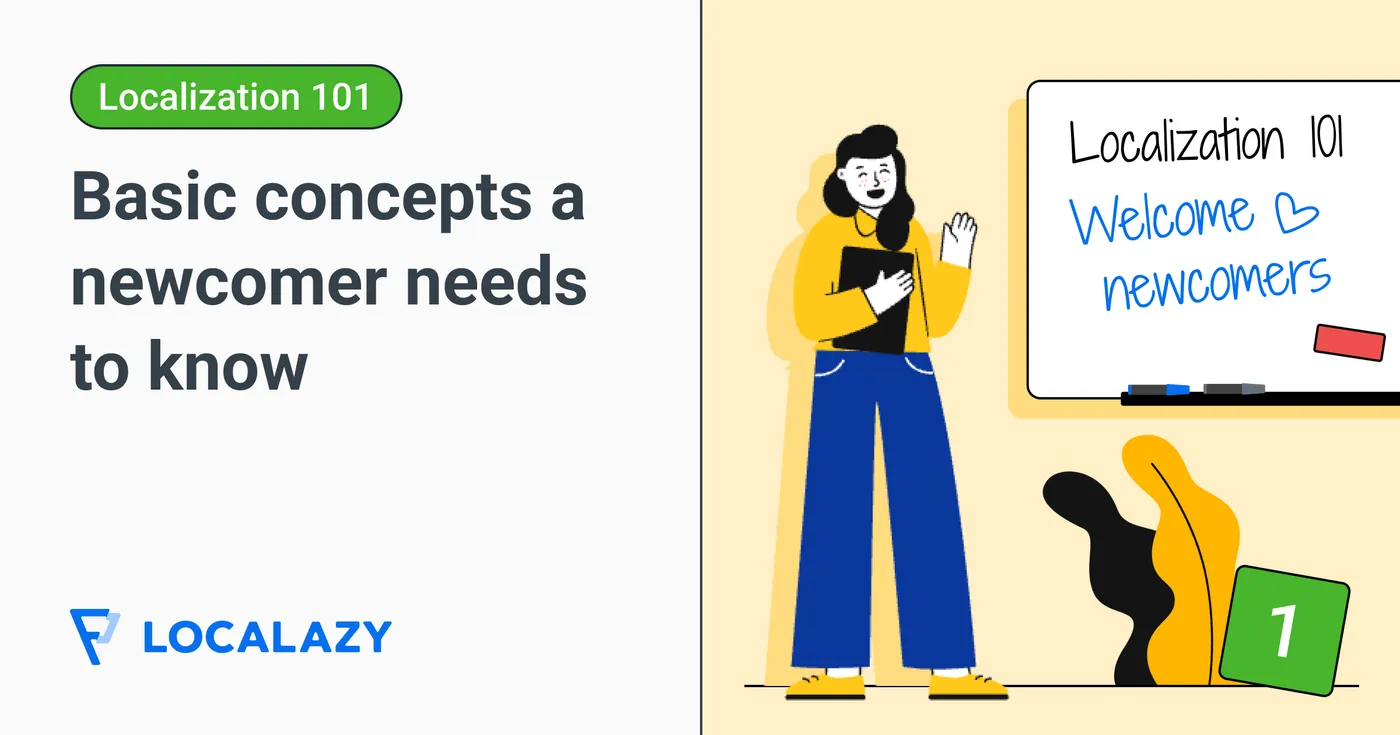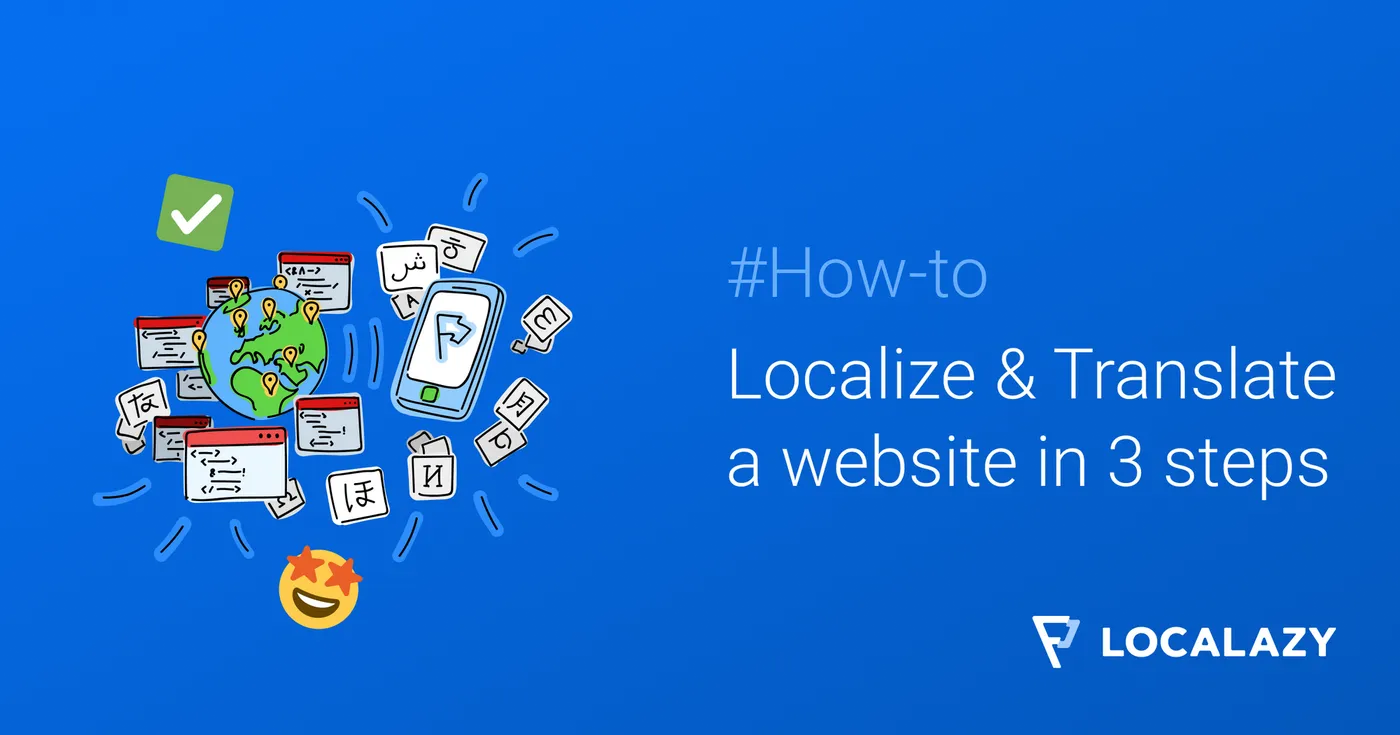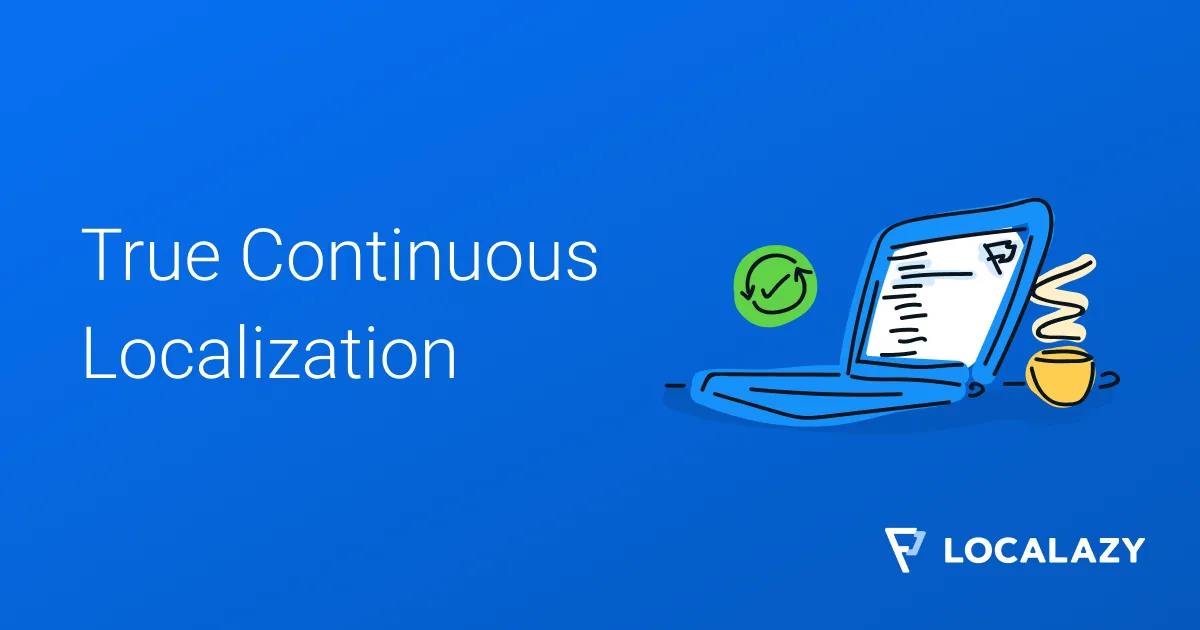We all know the stereotypes about France: the country of luxury, refinement, and culture, be it cinema, literature, theatre, or fine arts. But do you know how many French-speaking countries there actually are? And how popular is this language globally? Let's delve into the history of this ancient Romance tongue and elaborate on why you shouldn't ignore the francophone world in your l10n and internationalization strategy.
⚜️ The origins of French 🔗
The French language descends from Vulgar Latin and is influenced by native Celtic languages. There are also numerous French-based Creole languages, a result of French history and its colonial past.
French is part of the Romance family of languages. These tongues originate from Latin, which was spoken all over the Roman Empire. Specifically, French originated from the Latin spoken in Northern Gaul, with other langues d'oïl, like Normand or Wallon, as its closest relatives in the dialect continuum.
The Romance family includes Spanish, Italian, Portuguese, Romanian, Catalan, and several different dialects that, throughout their rich history, have expanded throughout Europe and beyond.
The earliest surviving proof of the use of French comes from the 9th century in the form of the Strasbourg Oaths, a military pact sworn by two of Charlemagne's grandsons. Throughout history, French has played a major part in international relations and power, becoming a lingua franca for diplomacy during the 17th century up until the middle of the 20th century, when English started to gain more relevancy globally.

🥐 How many people speak French? 🔗
In 2018, French was spoken by no less than 300 million people globally, making it the 5th most spoken language in the world. France is also a major economic power, ranking 7th in the world and 3rd in Europe behind Germany and the United Kingdom.
Here are some facts about the French language, according to the OIF:
- French is the 4th most used language on the Internet.
- 144 million people learn French as a secondary language all over the world.
- Around 93 million currently pursue their official studies in this language.
- 17.5% of the world's population speaks French, which roughly equates to 16.6% of the global GDP.
Whether you represent a company, a group of companies, an institution, or you're an entrepreneur, translation services for both your language into French and vice versa can always be valuable, as well as localization strategies that cater to the different uses and local variations of the language all over the world.

🍟 French as a global language 🔗
French is spoken not only in 🇫🇷 France, 🇧🇪 Belgium, 🇱🇺 Luxembourg, and part of 🇨🇦 Canada (Québec) but also in 51 other, mainly African, countries that were part of the French colonial empire. It is the official language of 28 states and governments - and 23 of them are based in Africa. French is a language that reflects both the rich cultural and historical heritage of France and that of the worldwide Francophonie. It is a language of international diplomacy and business and one of the most used languages online, reflecting its growing importance.

French is spoken far beyond the borders of neighboring Luxembourg, Switzerland, and Belgium. The language of Molière is taught not only in universities around the world but also through the “Alliance Française” network. It has also been proven to be influential beyond diplomatic circles. For instance, it was taught and held in high regard during the 18th and 19th centuries within Russia's aristocratic circles. In fact, you will find some quotations in French in the original Russian version of War and Peace by Leo Tolstoy.
In diplomacy, French is one of the six official languages of the United Nations and one of the United Nations Secretariat's only two working languages. Furthermore, France is one of the 5 only nations that have the right of veto, together with Russia, the USA, the United Kingdom, and China. French is also one of the official languages of the International Olympic Committee, as well as the Council of Europe and the Organization for Economic Co-operation and Development, to name a few.
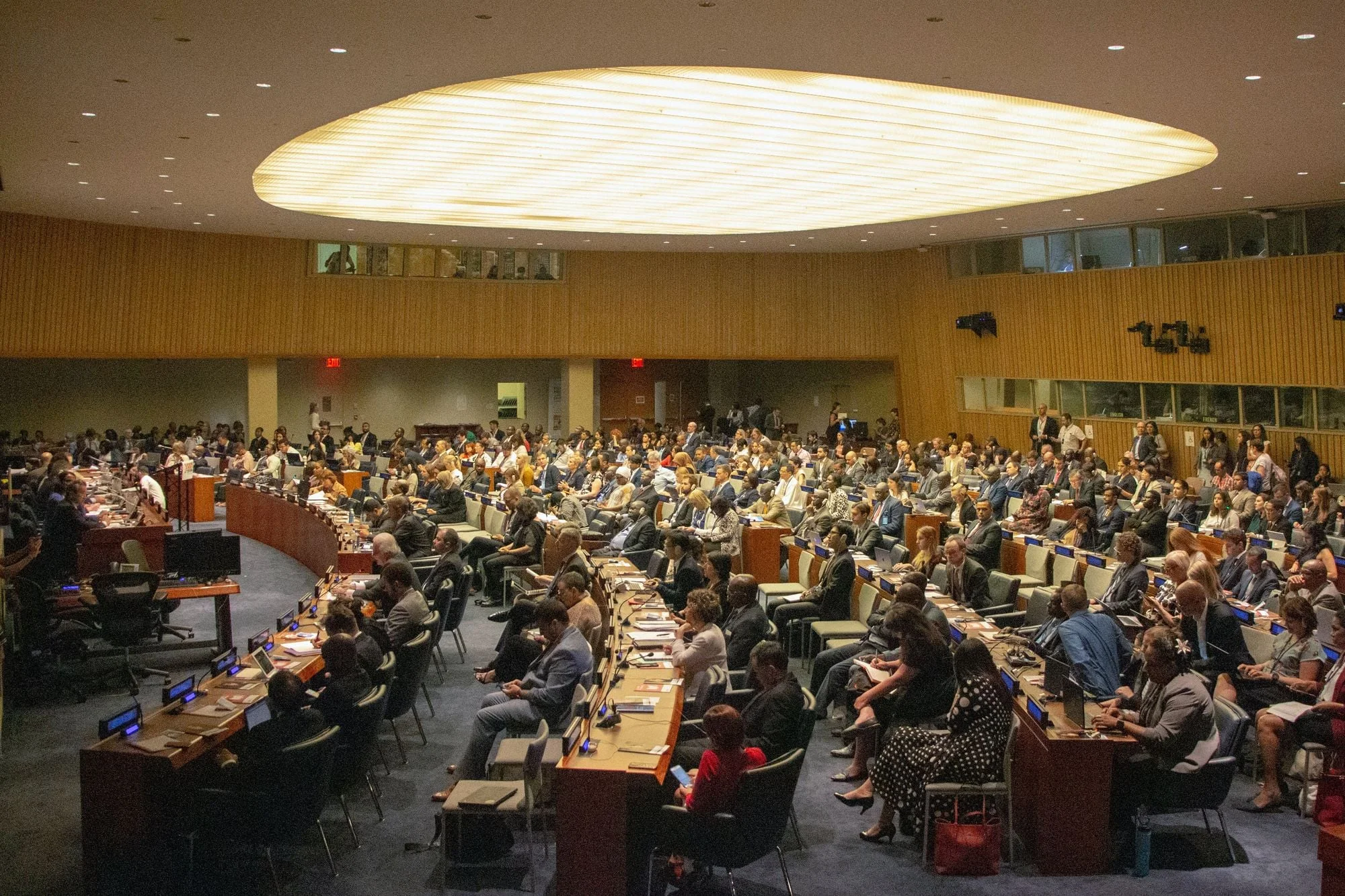
🎠 The popularity of French idioms 🔗
The influence of French language goes beyond institutional settings. You might not speak French fluently, but this language is surely more present in your life than you might imagine! Many French terms and phrases have penetrated the English language over the years, resulting in people regularly using them in their day-to-day conversations. Here are some:
- Déja vu, from déja (already) and vu (seen).
- Rendezvous, from the French word for appointment (rendez-vous).
- Laissez-faire as "allow to do", from laisser (let) and faire (do).
- En route (on the way).
- Avant-garde, meaning forefront, from the military term ("advanced guard").
- Connoisseur, from the Modern French connaisseur.
- Façade, from the French word used to designate the front of a building.
- Fiancé, derived from the past participle of fiancer (to betroth).
But idioms are harder to unlock. You might understand what the meaning of "Bon appétit" is in a restaurant setting, but expressions like "faire la grasse matinée" or "lâcher la grape" don't have an exact equivalent in English. Finding a comparable phrase takes knowledge of the local intricacies and context, and that's why French localization adjusted to the different francophone regions is so important.
✍️ Make your contributions in French in our shared idiom repository to help localize community-centric projects.

🤔 Business in France sans French localization? 🔗
For those aiming to connect with a French-speaking audience, whether in France or European French-speaking countries (such as Belgium, parts of Switzerland, or Luxembourg), for cultural or business purposes, utilizing English-to-French translation and localization services can prove highly beneficial. This approach allows you to also reach English-speaking countries.
Only 39% of the population in France say that they can speak English. Most French people expect an e-commerce site to be not only translated into their language but also to be adapted to French customs and consuming habits. Thus the importance of localization for French-speaking markets.
Adapting French to different locales 🔗
One of the main goals of localization is not merely to translate a message but to adapt it to reflect different cultures and mindsets. The aim is to serve the right content to the right users. 📲
It is easy to see that you will have to adapt your content significantly if you want to attract the attention of the French-speaking audience in France, Algeria, Congo, or Québec, to list just some examples of totally different markets.
Business leaders in francophone Africa or Canada are usually completely fluent in both English and French. However, if you intend to sell your products through a customer website, French will allow you to target ordinary citizens and consumers.

In 2021, more than one in five Canadians (22.6%) spoke French at home at least on a regular basis. In addition, from 2016 to 2021, the number of Canadians who spoke predominantly French at home rose from 6.9 million to 7.0 million, which represents approximately 20% of the population.
Communicating in French can also be an asset if you do business with the USA. 🇺🇸 French is spoken in the United States, though it is a minority language. Approximately 2.1 million Americans over the age of five reported speaking the language at home, according to a national federal study. French is the fourth most spoken language in the USA after English, Spanish, and Chinese.
While English continues to be the language of business and diplomacy, as demonstrated earlier, if you aim to expand your online audience worldwide significantly, French is the ideal choice. In 2022, over eight out of ten internet users in France made online purchases, representing 77% of the total population.
Reach French-speaking audiences 🔗
In summary, for entrepreneurs looking to expand their international business presence, having proficiency in French can help them reach a significant audience. This is particularly valuable because many French speakers, including the population of France, may not have a strong command of English. Having your digital content translated into French is, therefore, definitely something to be considered.

🥂 How to use French localization services 🔗
English to French: an affordable pair 🔗
The price point of English to French translation services is not as high as with other languages due to the fact both are widely spoken languages and that there is enough professional translators providing their services. Moreover, machine translation engines have vast data about this pair, and thus, machine pre-translate can be a good helping hand in the early prototyping of a French-language version of your web or digital product. Choosing English as a source language is a solid decision money-wise when translating your content to French.
Translate your website into French 🔗
Loads of people are still dependent on translation services such as Google Translate to understand a website that is not natively available in their mother tongue. Website translation tools for end-users are, however, not very reliable when it comes to precision and proper readability (and this is not considering decreased user experience). There is an increasing demand for headless content management systems, such as Strapi or Storyblok, which provide improved internationalization support and thus an easier way of making your website multilingual by default, not having to use Javascript workarounds being sold as in-context translators.
SaaS localization into French 🔗
The same applies to translating any sort of digital product, including software as a service. SaaS is pretty specific in its needs for UX localization, so the usual methods of machine translation do not always work out very well due to the lack of context. The increasing presence of AI translation engines is significant, and it will definitely have an impact on the quality and price of UX localization in the future. But for now, SaaS operators are yet to reflect on the fact that human UX localization specialists have vast contextual knowledge, sense & skills to be used to their advantage.
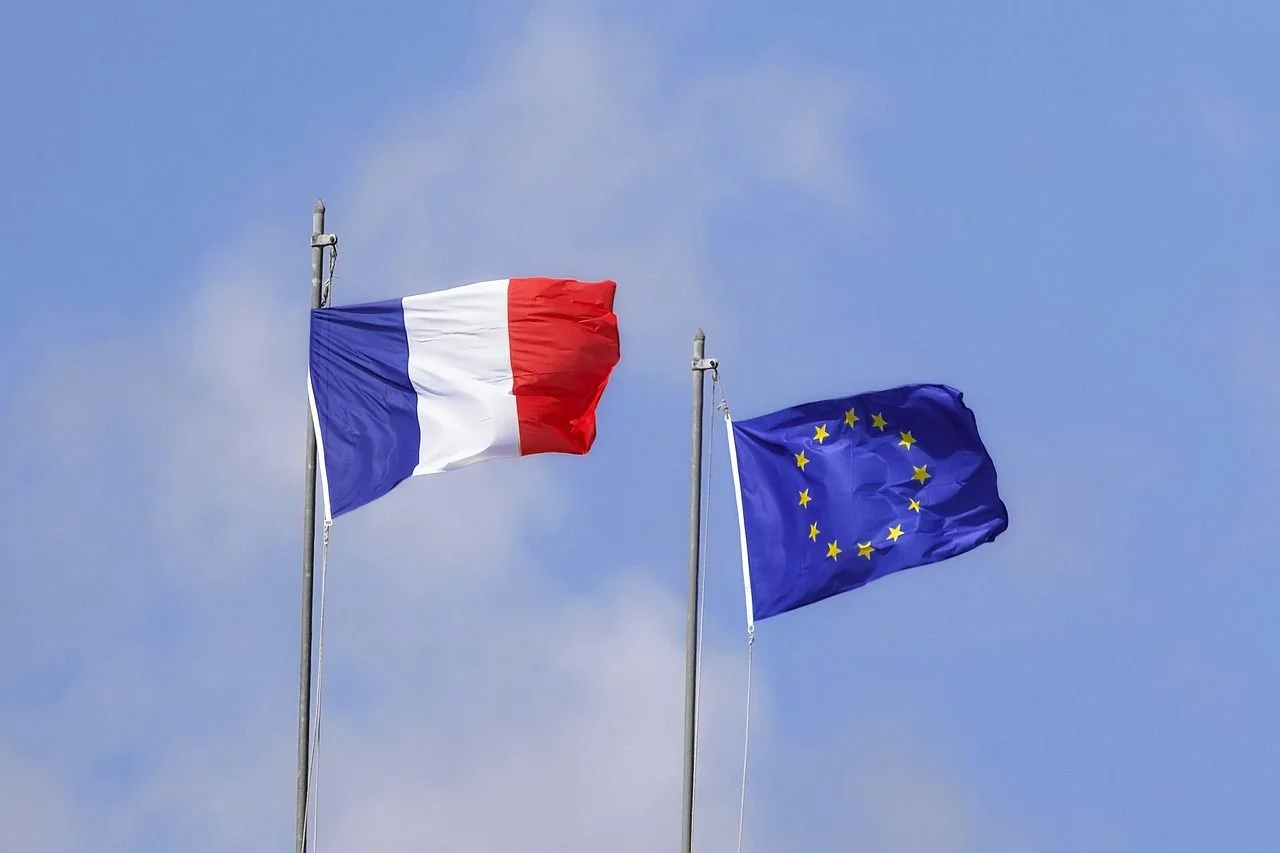
🗺 Is French losing its impact? 🔗
Due to the rise of French in Africa, the global francophone population is expected to reach 🌍 700 million people in 2050. Not to mention French is the fastest growing language on the continent (in terms of both official and foreign languages). It is interesting to note, however, that in 2022, 60% of the French-speaking population in the world lived in the African continent, with Subsaharian Africa and the Indic Ocean as the locations where the amount of francophones has increased the most since 2018 (15%). In contrast, 31.2% of European citizens speak French regularly.
🚩 French localization with Localazy 🔗
If you're now convinced of the potential of French localization, you don't have to look much further! Localazy is your all-in-one solution to translate your software, app, or digital content into other languages, including different French varieties.
Learn how to order translation services directly inside the Localazy platform in our ultimate guide!
We suggest you start with English to French translations, our most popular pair in the language. With our machine translation features and intuitive interface, you'll be ready to deploy your product or service in the francophone regions of your choice in a few steps.
Start localizing your content to French now! Check out our options, and don't forget that you can always enlist a team of professional translators to help you get the perfect result.
